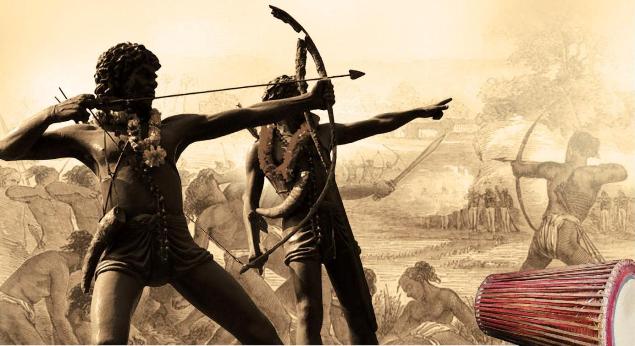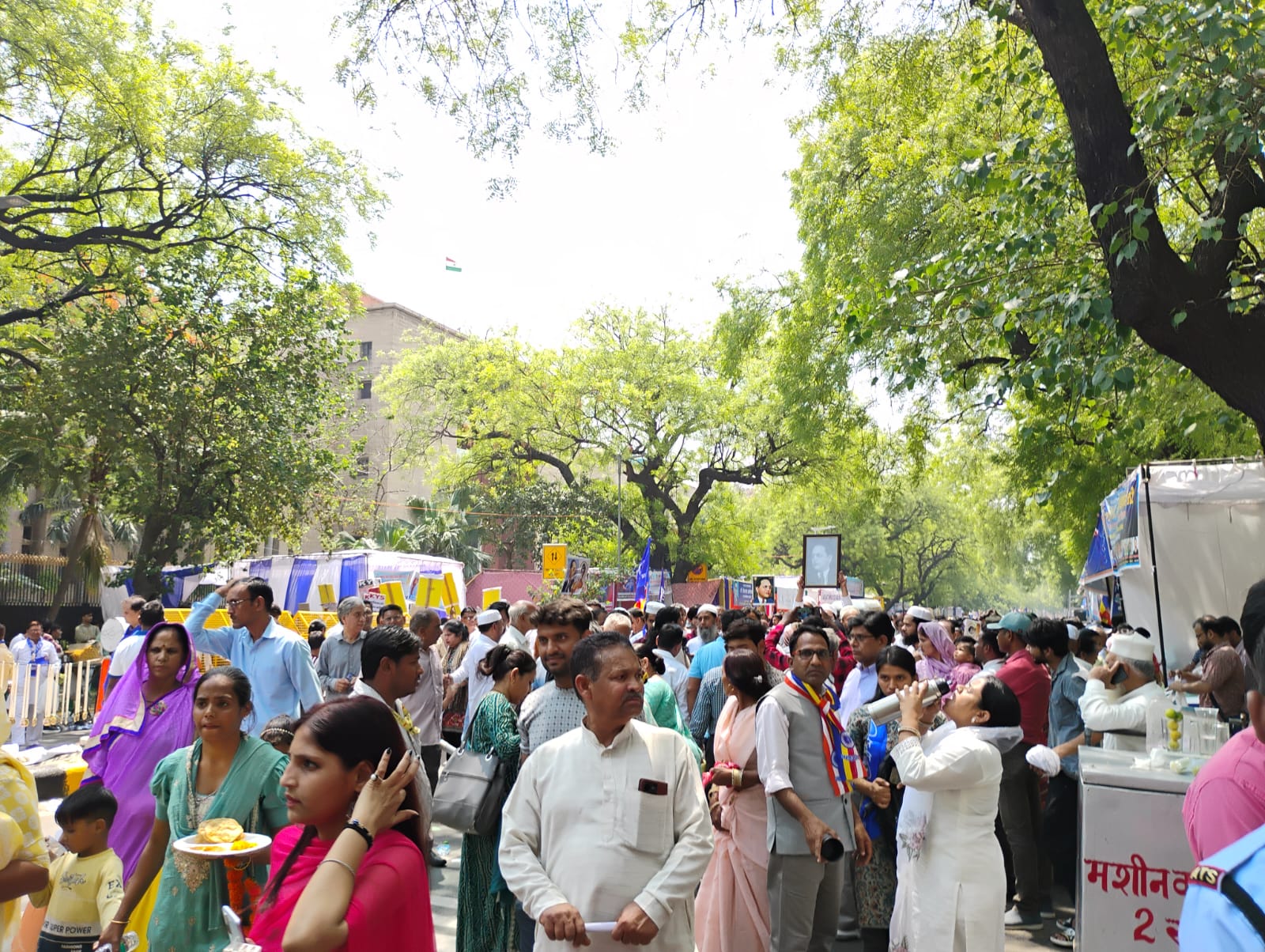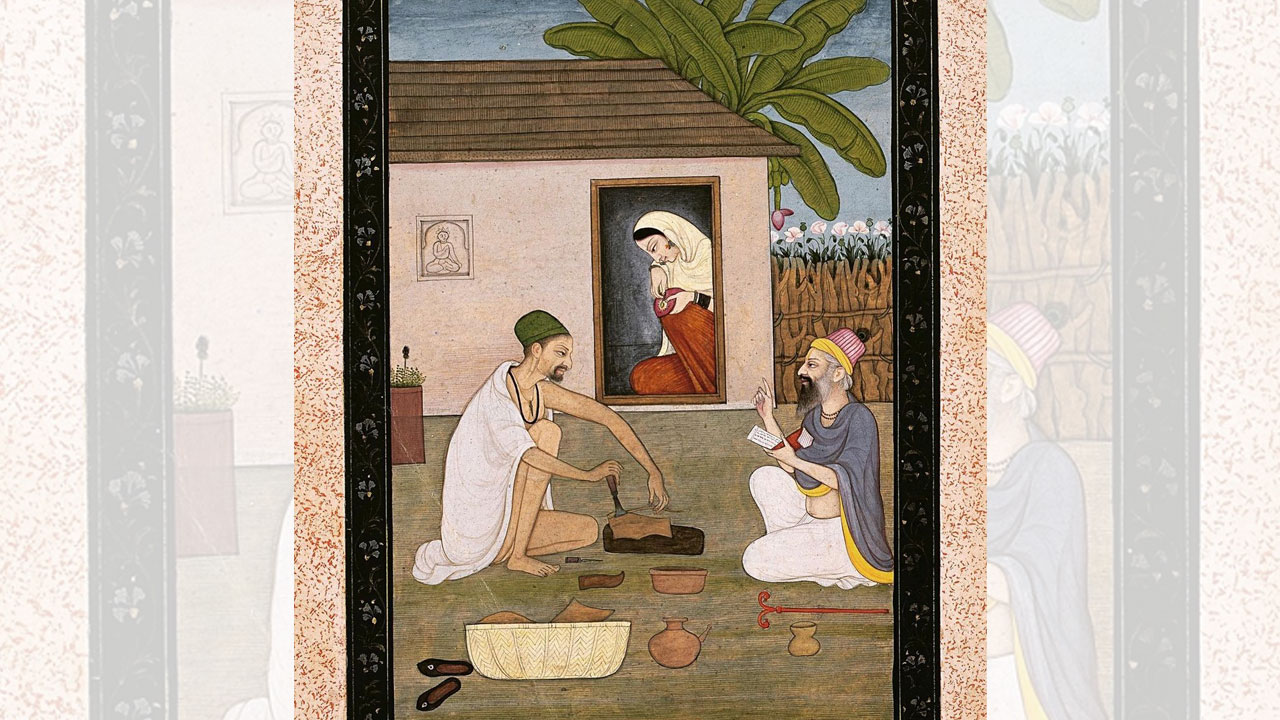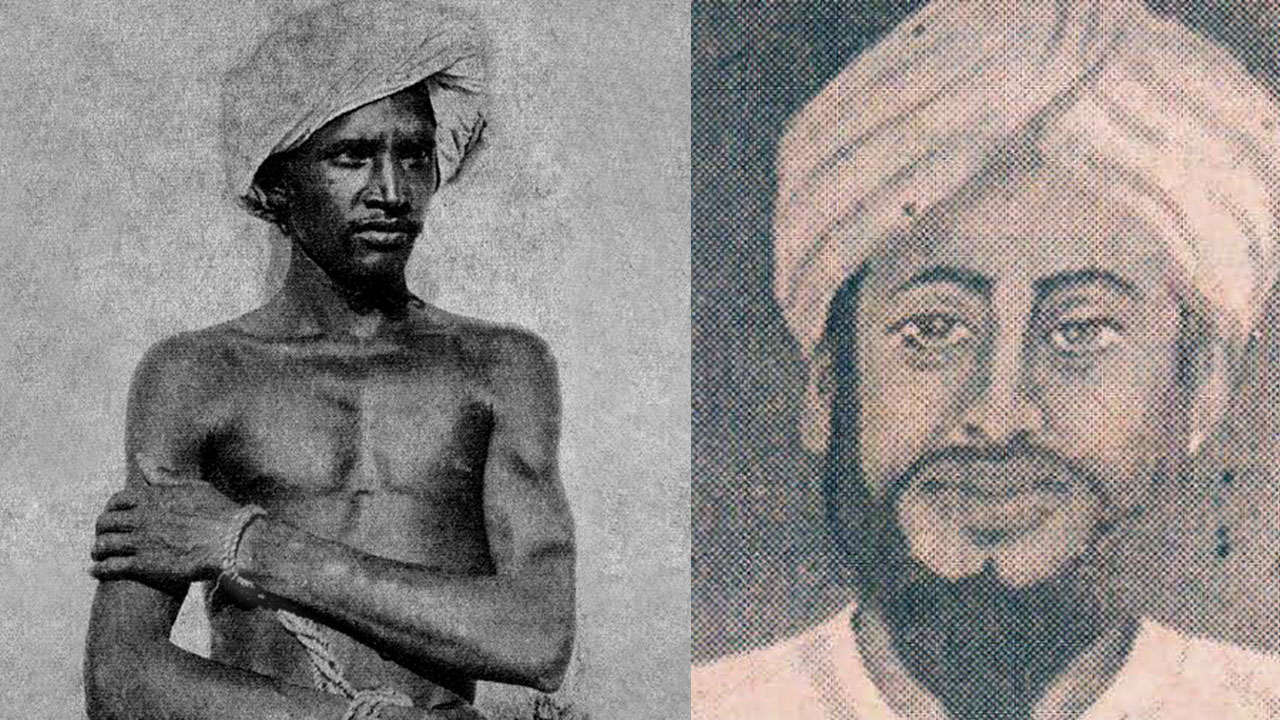Eternal rebel: Nakshatra Malakar
(9 October 1905 – 27 December 1987)
Those who build bridges
will, as a rule,
be left behind
the armies will cross over
The Ravans will be killed
The Rams will be victorious
and the builders?
They will be known as monkeys in history
-Agyeya
READ THE FULL ARTICLE HERE: Nakshatra Malakar: A hero pushed into the oblivion of history





